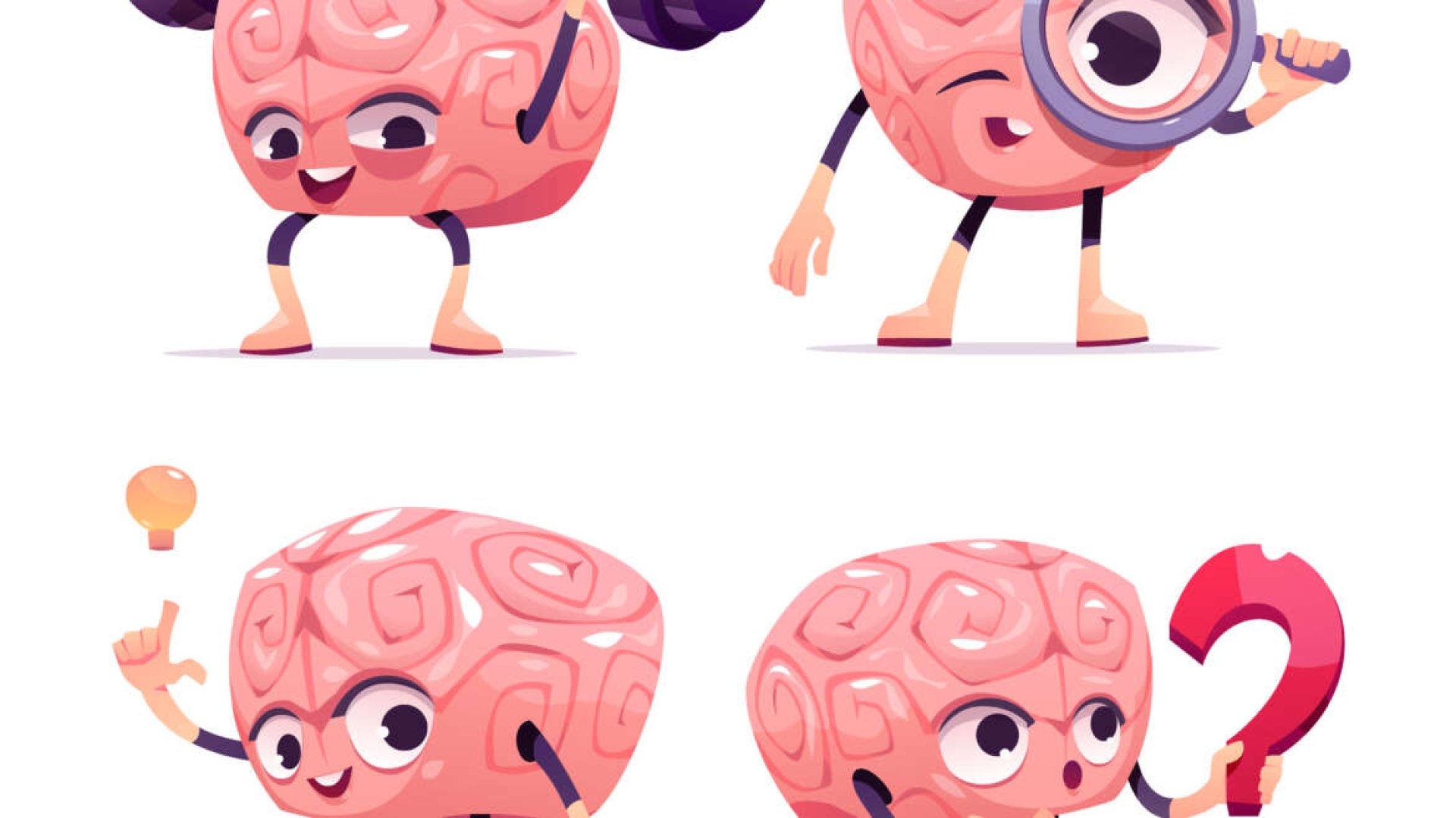How to Keep Your Brain Young

Our brain, together with the spinal cord, makes up the central nervous system of our body. It regulates our actions and reactions, births our thoughts and feelings, and enables understanding and communication with the world around us. Did you know that our brain ages with us? Since it is one of the most complex and critical organs in our body, brain health should be central to your overall health regimen.
According to the World Health Organization (WHO), a healthy brain functions across cognitive, social-emotional, sensory, and motor domains in a manner which allows individuals to realize their full potential throughout their life. Due to different reasons, some people lose out on realizing their this potential and suffer from headache disorders and neurodegenerative disorders like dementia as they age. However, you do not need to worry because a few simple but necessary lifestyle habits can ensure that your brain stays young and healthy even in your 80s or 90s.
Physical Exercise:
Our brain has the primary responsibility of processing and regulating our emotions. According to the World Federation of Neurology, regular physical exercise effectively slows brain deterioration associated with age. Federal guidelines suggest that you should get at least 150 minutes of physical activity each week. You can start with walking or you can also join classes for different kinds of activities such as yoga or cycling. Just make sure you choose an exercise regimen that you enjoy and do it regularly at least 2-3 times a week.
Mental Exercise:
Keeping your mind active directly contributes to keeping your mind young. While physical exercise is necessary for your overall health, mental exercise and intellectual engagement are particularly crucial for your brain health. You can take up activities that you find meaningful such as, volunteering, painting, music, or theatre. According to the National Institute of Aging, mentally stimulating activities such as solving puzzles or learning a new language may contribute to heart health by establishing a ‘cognitive reserve’ which makes your brain more adaptable to age-related decline.
Healthy diet:
Eating healthy is critical for your overall health. A healthy and well-balanced diet consists of fruits, vegetables, whole grains, nuts, unsaturated oils, fish, and healthy protein. A healthy brain requires different nutrients like omega-3 fatty acids, vitamin K, folate, beta-carotene, flavonoids, protein, and healthy fats. Since no single brain food can prevent cognitive decline, Simply Potent’s Pro Brain can be the perfect addition to your healthy lifestyle as it is a unique blend of 40 nutrients carefully selected to improve brain function and aid nerve tissue health.
Avoid drinking and smoking:
Quitting smoking prevents cognitive decline and other brain diseases while contributing to overall health. Excessive drinking is linked to neurodegenerative disorders like dementia. While you do not need to quit drinking altogether, limiting your alcohol intake based on your health and medical history will go a long way in preventing age-related brain deterioration.
Take care of your psychosocial health:
People suffering from psychological illnesses like anxiety, depression, or sleep deprivation do not score well on cognitive function tests. So, it is important to care for your mental health and to learn emotional resilience. It is also critical to build social ties and become a part of a community that supports you to lower the risk of dementia and increase life expectancy. You can take up different activities like volunteering or learning a new skill, as it will provide mental exercise, as well as social and emotional support.
Even though our brains age with us, it is important to remember that cognitive impairment is preventable by avoiding habits that inhibit growth and incorporating the ones that prevent cognitive decline and establish ‘cognitive reserve.’ The above-mentioned tips will give you a head start on keeping your brain young.


